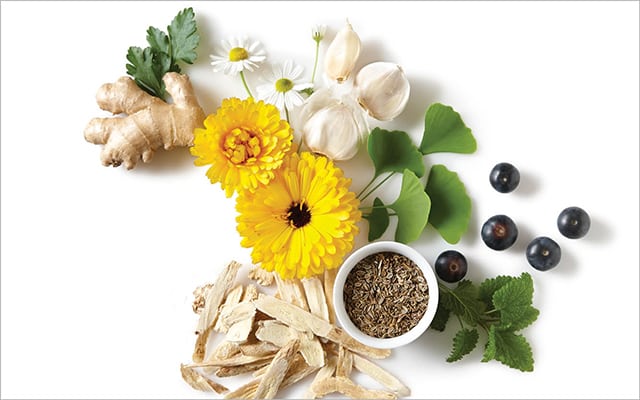
The term ”herb” is a perfect example of a “loaded” term. In its purest sense, it refers to certain plants and plant parts.
WITHIN the category “herb”, spices and seasonings are also included. Spices come from the berries, seeds, bark, and roots of plants; seasonings are usually for cooking purposes, originally function as preservatives and taste enhancers. Almost all popular herbal spices and seasonings have at times been used for health purposes. ?
As a matter of fact, in Traditional Chinese Medicine (TCM) and other forms of ancient folk medicine, herbs have played an integral part in treating physical and mental diseases/ailments.
The problem with using herbs for medicinal purposes is that very little scientific evidence and scrutiny documentation exists to back up claims (for or against) about herbs. There is no question, however, that some herbs do have verifiable benefits for some known maladies.
how or why the particular herb is helpful in treating disease?
For one thing, there may be different chemicals at work in each herb. While one of the chemicals may be beneficial in some way, another of the chemicals in the herb may be otherwise detrimental. Combining herbs can become dangerous, as is combining herbs with prescription or over-the-counter medicines.
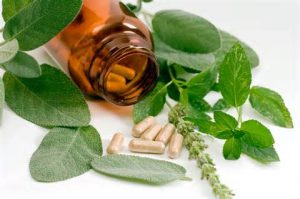 Further complicating the matter is the fact that many “prescription” and over-the-counter drugs are from herbs or botanical.
Further complicating the matter is the fact that many “prescription” and over-the-counter drugs are from herbs or botanical.
Then there is the fact that some herbal terms have been misused or abused. One such term is “natural.” While it may come with many positive associations, “natural” has several different definitions, depending upon who’s using it.
Because herbs can as easily be detrimental as they are beneficial (and, in some cases, useless for the ailment that prompted their use), every person needs to do extensive research before consuming any herbs. ??
You should also consult with your physician
If you decide to use the herb, make sure that you use it according to the recommended dosage, making sure you keep accurate records of how you used it and when, and only under the direction or supervision of a licensed/trained herbalist or physician.
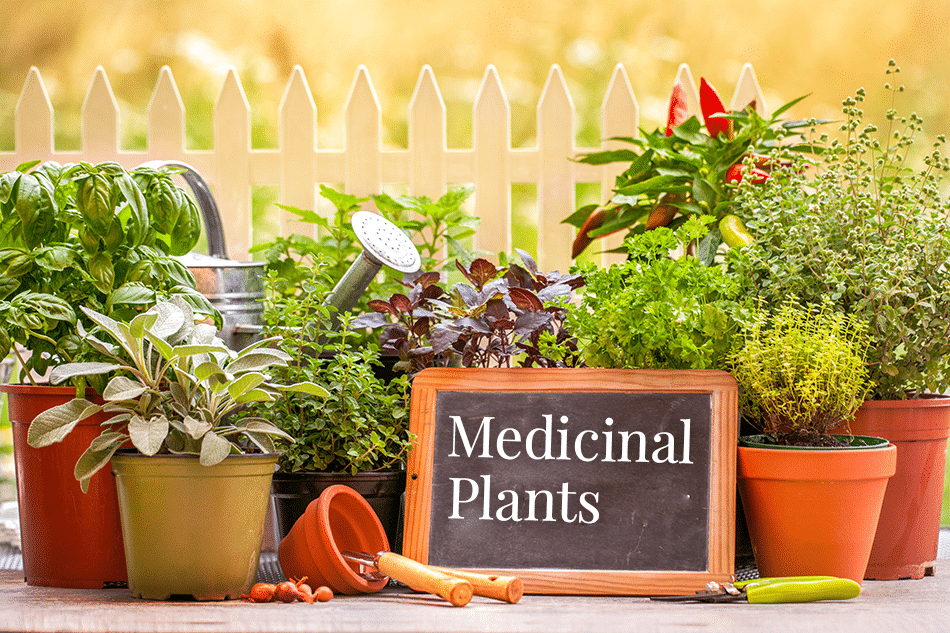
What Are Some Well-known Benefits of Medicinal Herbs?
Fortunately, some herbs are put into the study to justify their attribute to certain medicinal benefits. In almost all such cases, a specific chemical exists within the herb.
A group of such positive-effect chemicals found in several herbs is polyphenols. This chemical also exists in certain vegetables, fruit, certain teas, and red wine.
Another positive type of chemicals are antioxidants…
…which are now recognized as effective anti-carcinogenic.
The herbs and spices with the best-established medicinally-helpful track records include garlic, chili peppers, cinnamon, turmeric, oregano, thyme, basil, and rosemary.
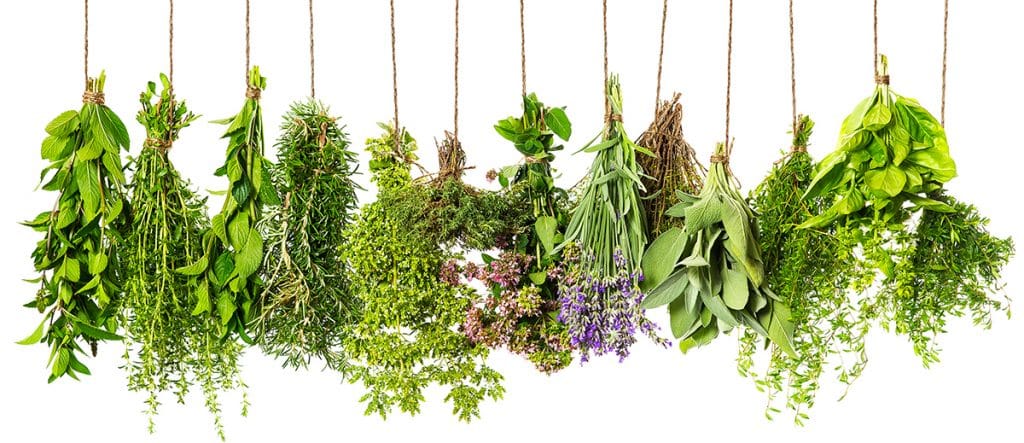
Cinnamon, for example, is now viewed as a potential glucose-control and an anti-inflammatory agent; garlic is beneficial against cardiopulmonary disease (as a blood thinner); dihydrocapsisiate, a chemical in chili peppers, helps to burn up fat calories and, capsaicin, also therein, can help lower blood pressure.
As for herbs found in dietary supplements, you need to carefully read the instructions and list of ingredients that come with the product.
What benefits you derive may depend on many things: the state of your health; whether there is anything in the product that may interfere with any medications you take; the dosage; the expiration date; and any known side-effect.
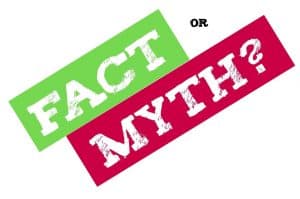
Myths to Be Aware of
Since FDA not really focusing on herbs regulations, many herbs that come from other countries such as China, India, and Mexico are not under strict supervision. Also, these herbs have not been scientifically tested. Here are many myths abound about medicinally-used herbs. ?
Here are just a few of those myths:
Myth
You have to use large amounts of an herb for long periods of time to benefit medicinally.
Reality
Even small amounts of certain herbs can be beneficial.
Myth
If an herb is on the shelves for sale locally, then it is safe for consumption.
Reality
Although nutritional supplements are FDA regulation this is not equivalent to the close watch kept, say, on prescription drugs. Manufacturers can make claims they do not necessarily have to immediately submit scientific evidence for.
Myth
If the herbs’ label is “natural,” then it’s safe to use it.
Reality
Unfortunately, there is no standard definition for “natural”. Safety is, furthermore, a relative term.
Myth
All herbs are relatively safe.
Reality
Many herbs claim to be toxic or harmful. Ephedra, for example, cause heart attacks and strokes. Peppermint used to aid digestion and considered a mild herb, in oil form can be toxic.
Myth
You can store herbs in any environment, forever.
Reality
Herbs do have expiration dates; additionally, they need to be kept in dry, mild-temperature, away-from-the-sun places.
Myth
Medicinal herbs are not as good as prescription medicines.
Reality
Some prescriptions are from herbs. Also, herbs have been used successfully for medicinal purposes for centuries. They are effective for medicinal purposes as long as they are used appropriately under the care of trained/qualified professionals.
Every evening has a seasoning?
CLICK HERE For More Course Inclusions and Our June Main Event














































